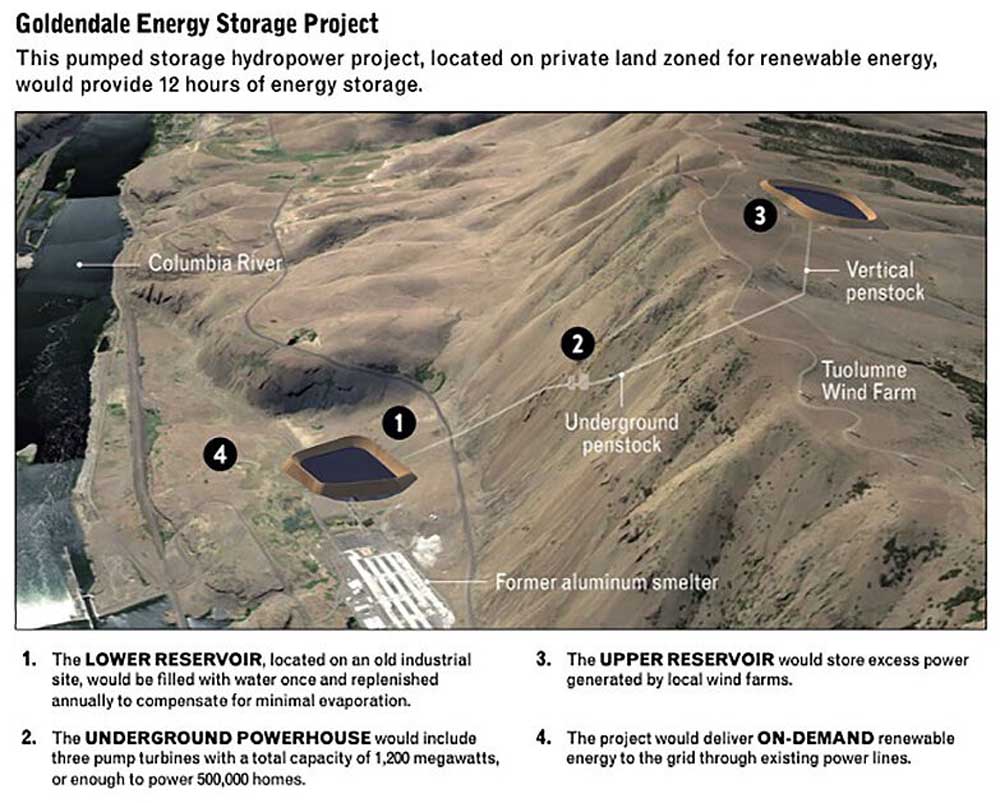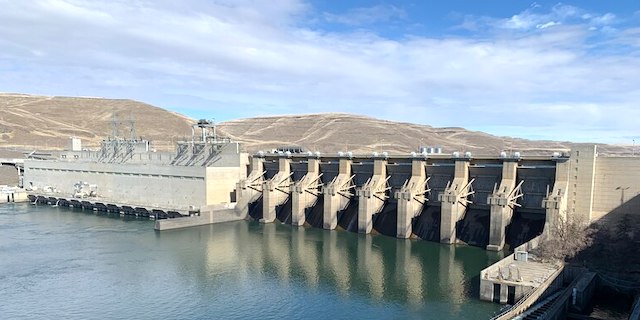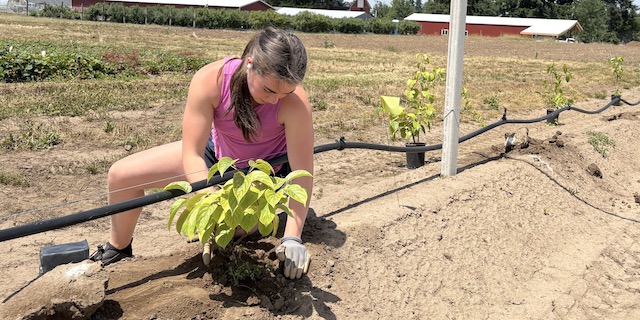Goldendale energy project picks up federal critic
Published 8:45 am Thursday, August 8, 2024

- A drawing shows the proposed layout of the Goldendale Energy Storage Project in south-central Washington.
The company proposing Washington’s first pump-storage power plant faces opposition from a federal agency that advises the White House and Congress on saving historic sites.
The Advisory Council on Historic Preservation said in July the Goldendale Energy Storage Project next to the Columbia River could “continue and expand” damage to tribal culture caused by the river’s dams.
Rye Development chief development officer Erik Steimle said Monday in a letter to Federal Energy Regulatory Commission Acting Secretary Debbie-Anne Reese that the council’s concerns are misplaced.
The project won’t be in the river, won’t affect flows and won’t change fishing sites, and will be mostly on private land with limited or no access to tribes, according to Steimle.
The council, he wrote, “appears to fundamentally misunderstand the project.”
Rye proposes to send water downhill through an underground powerhouse about 8 miles southeast of Goldendale, Wash. The water would spill into a lower reservoir and be recycled back up to the upper reservoir.
Rye, owned by Danish investment firm Copenhagen Infrastructure Partners, says the project would provide renewable, on-demand energy to back up sporadic wind and solar power.
A FERC environmental report recommends FERC commissioners license the project. The Washington Department of Ecology certified the project won’t harm the Columbia River.
Environmental groups, however, have rallied to join the Yakama Nation and other tribes in opposing the project. FERC’s report acknowledges the project will erase archeological sites.
The historic preservation council said in comments to FERC that a Biden administration report on the impacts of Columbia River dams on tribes “provides appropriate context” for evaluating Rye’s proposal.
Dams devastated fish runs and cause ongoing economic, spiritual and cultural harm to tribes, according to the report, which was released in June.
“It seems reasonable to suggest” licensing “projects like Goldendale” continues and extends the imposition on tribal life described in the report, according to the historic preservation council.
The council overlooked measures Rye would take to preserve tribal cultural resources and history, Steimle said in an email Wednesday. The company consulted with and hired tribal members to do archeological surveys, he said.
“Rye understands and values the importance of consultation with tribal nations to address the protection of cultural, heritage and botanical resources,” he said.
“We made significant design modifications to address many of their concerns. We remain open to receiving additional input on mitigation strategies,” Steimle said.
In its most recent letter to FERC, the Yakama Nation urged FERC to deny Rye a license. The tribe said the FERC staff report showed a pro-development bias at the expense of tribal resources.
The project would take up more than 600 acres. Almost all of the land is privately owned, though the Army Corps of Engineers owns 18 acres.
FERC identified spiritual sites important to tribes. Staff recommendations included using dogs to detect burial sites.
The site includes land formerly occupied by an aluminum plant. Ecology is working with the landowner, NSC Smelter, and the smelter’s ex-operator, Lookheed Martin Corp., to clean up the site.






